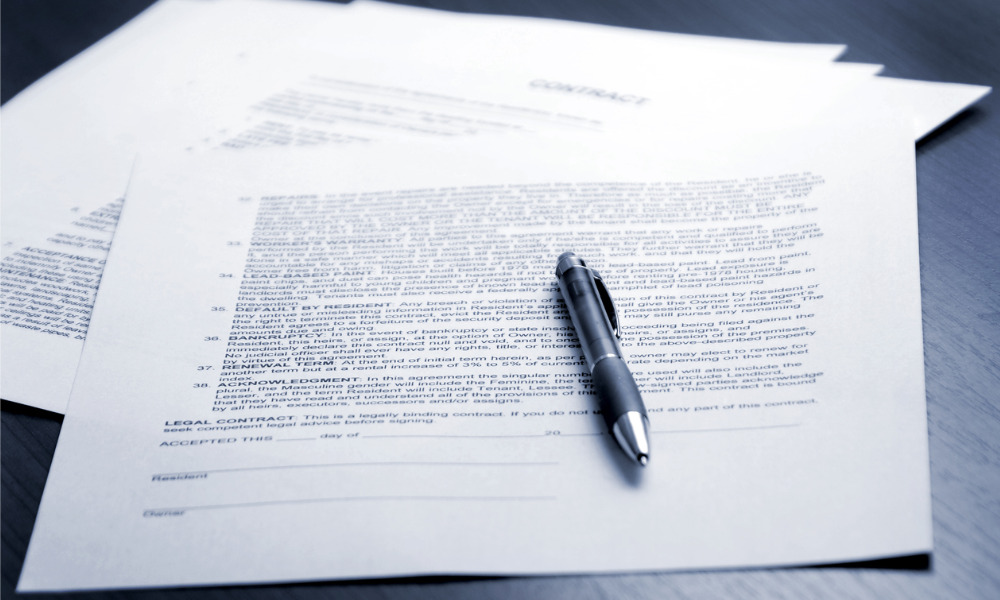
The agreement features a Māori Trade and Economic Cooperation chapter – an EU-first provision

In a significant milestone for trade relations, New Zealand and the European Union have signed a free trade agreement (FTA) aimed at enhancing trade access with the country’s fourth-largest trading partner.
The agreement features an EU-first provision that New Zealand diligently secured: a Māori Trade and Economic Cooperation chapter, fostering deeper engagement on Māori economic and trade interests.
The signing ceremony in Brussels was graced by Minister for Trade and Export Growth Damien O’Connor and EU Executive Vice President and Trade Commissioner, Valdis Dombrovskis, in the presence of Prime Minister Chris Hipkins and EU President Ursula von der Leyen.
With the NZ-EU FTA projected to take effect in the first half of 2024, both parties are now navigating the final legal procedures to ensure smooth implementation.
“The EU FTA will increase our exports to the EU by up to $1.8bn per year by 2035,” Hipkins said in a media release. “Tariff savings on New Zealand exports are $100m from day one of the agreement entering into force, the highest immediate tariff saving delivered by any New Zealand FTA. That’s around three times the immediate savings from the UK FTA.”
Hipkins had cited securing trade deals for exporters as “top priority” for him when he first became PM.
“Between this and the UK FTA, we will save around $150m annually in tariffs on our exports as well as adding billions every year to New Zealand’s GDP,” he said.
Minister for Trade and Export Growth Damien O’Connor explained that the FTA will reduce costs and bolster exports, empowering businesses to diversify and expand their trade opportunities.
“It will provide significant new opportunities for our world-leading exporters of products such as kiwifruit, seafood, onions, honey, wine, butter, cheese, beef and sheep meat. This new access will help to accelerate our post-Covid recovery, while providing a boost to our regions as they grapple with the longer-term effects of Cyclone Gabrielle,” he said. “New Zealand producers are some of the most sustainable in the world and these credentials resonate well with EU consumers. New Zealand and the EU share similar values and a commitment to high labour, environment and animal welfare standards.”
He added that the FTA includes “ambitious sustainable trade outcomes in a range of areas, including climate change, labour rights, women’s economic empowerment, environmentally harmful fisheries and fossil fuel subsidies”.